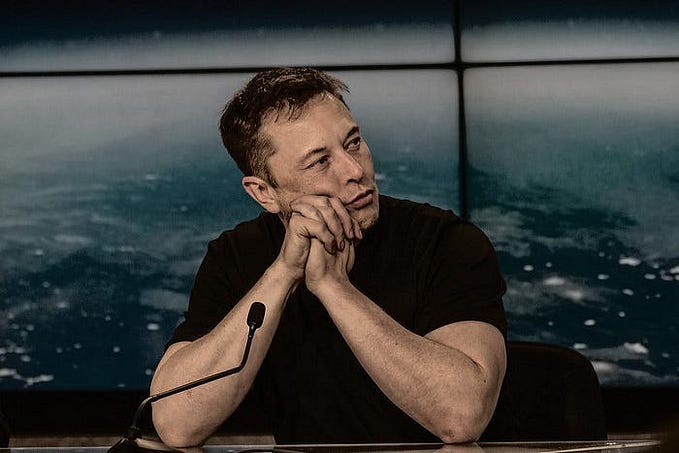Member-only story
We’re All Mad As Hell, Thanks to Late Capitalism
The author of ‘Angrynomics’ unpacks why the economy has made us pissed off at everything

Humanity is richer than it has ever been. We live longer than we ever have; people have access to an endless supply of culture, knowledge, and consumer goods, all from a small device in their pocket. So why are we all so pissed off all the time?
That’s the question political economist Mark Blyth and hedge fund manager Eric Lonergan tackle in their recent book, Angrynomics, which examines the economic roots of rising personal stress and growing popular anger. Blyth and Lonergan look at the transformations of our daily lives and the larger economy over the past 40 years, from the deregulation of finance to the rise of big tech, and explain why these steps that have added to GDP have come at the expense of personal stability. What’s pitched as bringing flexibility and dynamism to the economy has translated into constant economic uncertainty for most people, which breeds anxiety and stress, and thus anger.
GEN recently spoke with Mark Blyth about assumptions that have been made about economic theory and how it’s making our lives unbearable.
Alex Yablon: Can you explain the connection between private anger and political anger, between micro- and macro-angrynomics?
Mark Blyth: When I was finishing up the research for a book on austerity I did a few years ago, a bunch of research started to come out by economists looking at the relationship between violence and economic crisis. There’s been a lot of work by political scientists about civil wars and violence and stuff like that, but the way they linked it was very interesting.
What you’ll find is that big financial crashes in the private sector tend to produce right-wing violence and right-wing political movements. The right are the ones who basically weaponize anger in politics, right? The second part of it came down to a conversation Eric and I had, where he was talking about when he first trained as a labor economist. It was all about flexibility and making markets more efficient. He stopped and said, “You know, the whole time I was doing that degree, no one once ever said, ‘Is this any good for the people involved?’”









